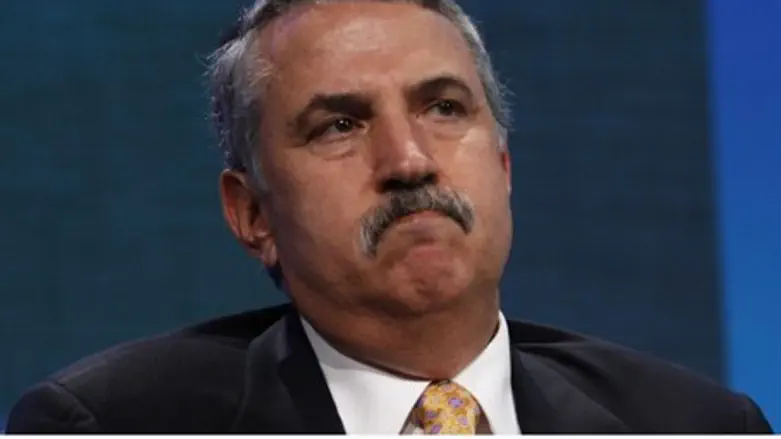
New York Times columnist Thomas Friedman, who is considered close to President Barack Obama, gave his opinions on Netanyahu's speech to Congress in an interview with Israel's Channel 2 television.
"It was a win, a lose and a draw,” he said. “I think it was a win for Netanyahu in that he made his own case for his own argument for why this is a bad deal. He made it very well and very eloquently.
“What he didn't do was dismantle Obama's case, for what is a real alternative to the deal that is on the table; what is a realistic alternative that is better than the deal that is now being negotiated. I don't think he made at all a persuasive argument that the alternative was better, or even realizable, if it was better; and third, he paid a price for this. Nancy Pelosi, the leading Democrat in the House denounced the speech afterwards, and he left a taste in people's mouth, that Israel is becoming a Republican issue and not a Republican issue, and that has long-term implications.”
Asked if Democrats had perhaps gone too far with their criticism, Friedman said:
"You know, we need to step back. This is our Congress. We don't ever have foreign leaders who are invited there by simply the Speaker of the House without the approval and backing of the Preisdent of the United States. So whatever the Democrats in Congress felt, that is entirely their right, this is our Congress.
Friedman noted that while the present situation is “not a high point” in US-Israel relations, the countries do have many shared interests. “I've lived through, and covered, President Bush standing outside the White House saying – 'I'm one lonely man, standing up against AIPAC and Yitzhak Shamir on settlements' – so we've had high points before, we have low points.”
However, he added, “I would say that we and Israel have divergent interests when it comes to Iran. Our interests are not aligned. There are things we can tolerate and live with, in terms of the deal, that Israelis can't, and I totally understand and respect that. I find my Israeli friends, from left right and center, very worried about Iran possibly acquiring a bomb, and I share that concern. So I don't find the concern about Iran getting a bomb very political from Israel's point of view. I think it's authentic and it's felt by many Israelis. The question is, what are the options for deterring that at this stage in the game – and we are very far down the road.
Force is no longer an option, he said. “We have foregone the use of force and other options earlier, and Israel has foregone the use of force and other options earlier, and so we are where we are, and the question is, what's the best we can do from here now. That's what the real debate is about now.”
Friedman sees long term danger for Israel in what he says is the politicizing the Iran debate. “Here's what's new, and this I haven't seen before: we see Israel, at the official level, siding with one party over another. That, we haven't seen before. Where it feels like AIPAC now is the Republican pro-Israel lobby, and J Street is the Democrat pro-Israel lobby. That is a really unhealthy situation.
“And let's remember something else – there is a bit of a bubble there. Netanyahu comes to Washington, he gets a standing ovation from AIPAC, and he gets a standing ovation from Congress. I wish he had taken a day to try and give that speech at the University of Wisconsin. And we would have seen what kind of real feedback he would get from middle America.
“He was speaking in Sheldon's world, in the US Congress. Outside of Congress is not Sheldon's world. It's the real America. And there you'll find many many views about Israel but there is a common denominator. And that is that there is a deep concern by people who love Israel, who support Israel all along, there's just a lot of Americans asking 'le'an zeh?' Where is this going? How does this work? And that is a long term danger to Israel as well.”